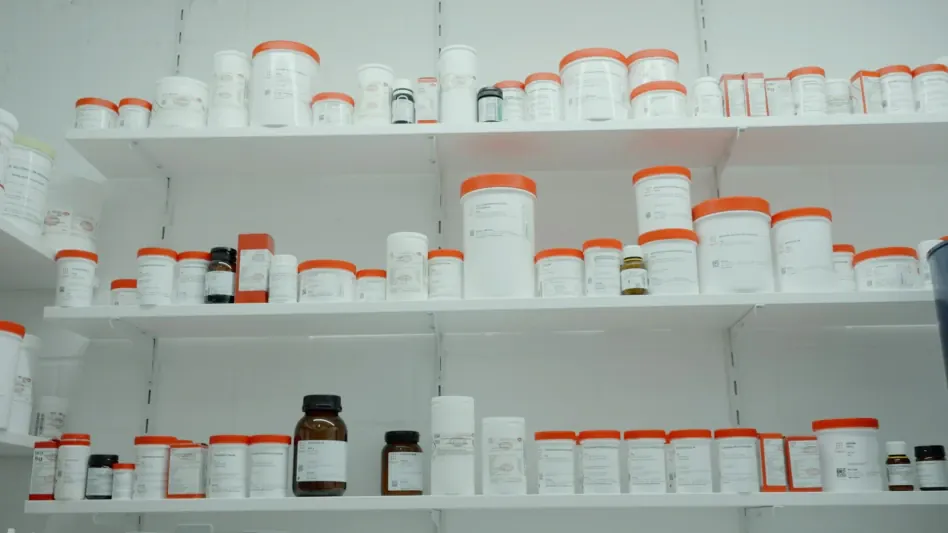In 2024, nearly 500,000 Australians—specifically 495,865 individuals—who were eligible for Pharmaceutical Benefits Scheme (PBS) Safety Net benefits failed to receive them due to an outdated paper-based tracking system. These individuals paid full price for essential medications, missing out on significant discounts. Dr. Elizabeth Deveny, CEO of the Consumers Health Forum of Australia (CHF), has highlighted the inefficiencies of this system and emphasized the urgent need for automation to ensure that benefits are applied correctly and promptly.
The Flaws in the Paper-Based System
The current manual tracking system requires pharmacists or consumers to keep physical records of prescriptions. This method is impractical for many users, as it often necessitates visiting the same pharmacy repeatedly. Dr. Deveny points out the inconsistency of allowing a cumbersome paper-based system for the PBS Safety Net when it is not accepted for the Medicare Safety Net. This inconsistency results in many eligible individuals not being notified about the benefits they qualify for, leading to unnecessarily high medication costs.
One of the main consequences of the outdated system is its impact on the rising cost of living. Many Australians are delaying, skipping, or rationing their medication because they cannot afford it. This situation is deemed unacceptable by the CHF, as medication is essential and should be accessible to everyone. The outdated system places undue financial strain on individuals, reducing their quality of life and potentially exacerbating health issues that could have been managed with proper medication.
Growing Number of Concessional Recipients
Over recent years, the number of concessional PBS Safety Net recipients has nearly doubled, reaching 2.2 million in 2024, up from 1.2 million five years ago. On the other hand, the general population Safety Net recipients saw a decrease from around 125,000 to 100,000 during the same period. This shift indicates that a significant portion of the population is still unaware or unable to access the benefits they are entitled to. Dr. Deveny raises concerns that lack of awareness disproportionately affects working families and young professionals who start earning just enough to not qualify for concession cards.
The outdated tracking system creates barriers that prevent eligible individuals from receiving assistance. It is vital to ensure that all Australians, regardless of their economic status, can access these safety net benefits. Automating the PBS Safety Net would significantly reduce the administrative burden on both pharmacists and consumers, streamlining the process and ensuring that those who qualify receive their due benefits without delay.
The Case for Real-Time Automated Tracking
Dr. Elizabeth Deveny, the CEO of the Consumers Health Forum of Australia (CHF), has pointed out the inefficiencies of this antiquated system. She underscores the pressing need for automation to ensure that these benefits are correctly and promptly applied. In 2024, nearly 500,000 Australians, specifically 495,865 people eligible for Pharmaceutical Benefits Scheme (PBS) Safety Net benefits, did not receive their entitled discounts due to an outdated paper-based tracking system. Consequently, these individuals paid the full price for essential medications, missing out on significant savings that the scheme was designed to provide.
Dr. Deveny emphasized that modernizing the tracking system is crucial not only to improve the healthcare experiences of Australians but also to ensure that eligible individuals receive the full range of benefits they are entitled to. The transition to an automated system could lead to better healthcare outcomes and ease the financial burden on many.









